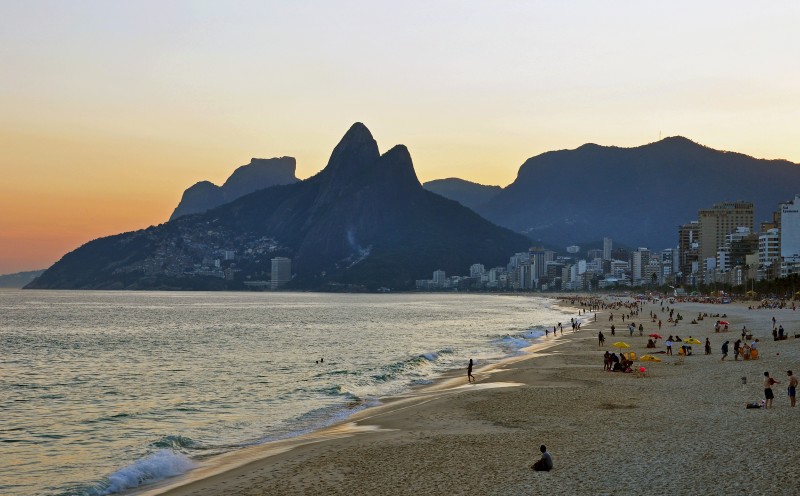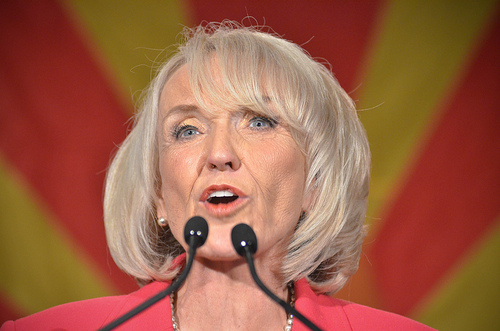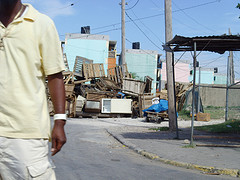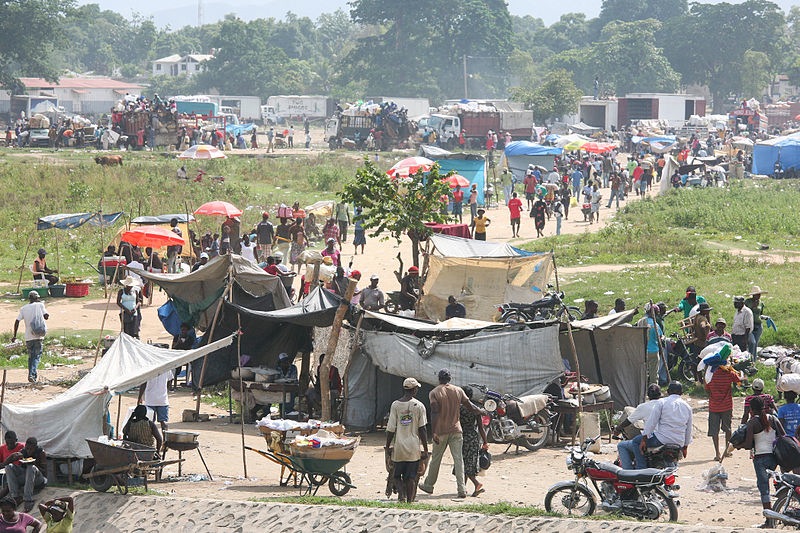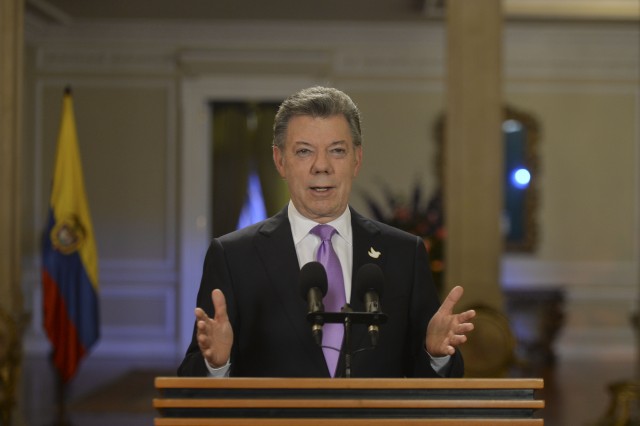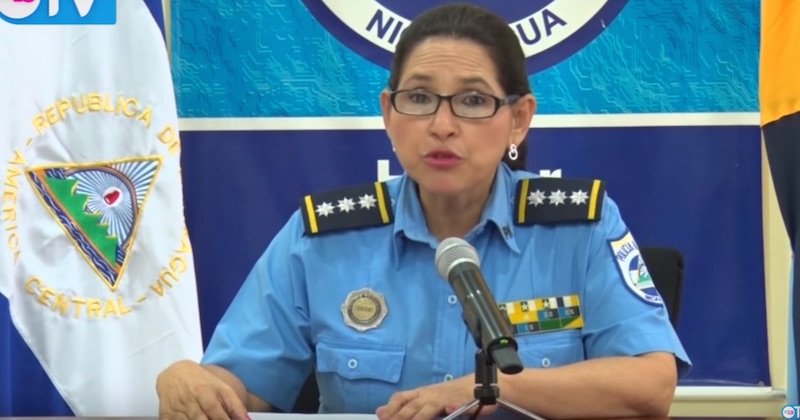
Central America, Costa Rica, Latin America: Week in Review, Nicaragua
Nicaragua Closes Border to Cuban Migrants Moving North to United States
November 16, 2015 By Staff
Top Story — Nicaragua shut down its border with Costa Rica on Sunday to keep more than 1,000 Cubans from entering the country. The move by Nicaraguan authorities is a direct rebuke to their Costa Rican counterparts’ decision, one day earlier, to grant transit visas to the migrants — a decision that the administration of Nicaraguan President Daniel Ortega said will set off a humanitarian crisis.
The border crisis comes amid increasing tensions over the rising number of Cubans crossing Central America on their way to the United States in order to circumvent the heavily patrolled Florida Straits and to take advantage of special immigration arrangements that date back to the Cold War.
The “wet-foot, dry-foot” policy, as it is informally known, protects Cubans from deportation from the moment they set foot on U.S. soil. Such protection does not extend to migrants captured at sea. Owing to the thawing of diplomatic relations between the United States and Cuba, many on the island nation fear that the policy may soon be discontinued — a fear that, according to analysts, accounts for the recent wave of Cuban migration to the United States.
Costa Rican authorities on Friday detained the Cuban migrants at the border with Panama, setting off protests that temporarily blocked the Inter-American Highway. The government reversed course on Saturday, providing the migrants with a transit visa that gave them seven days to cross into Nicaragua.
Conflicting reports emerged on Sunday from the Peñas Blancas border crossing between Nicaragua and Costa Rica, where Nicaraguan police turned away hundreds of Cuban migrants who had either entered the country or were attempting to cross the border. Police members said the migrants caused “serious altercations” and “material damages” after storming the border crossing, according to Agence France-Presse. The Tico Times reports that riot police reacted to the migrants’ attempts to cross by firing shots and tear gas.
“The Costa Rican government, in a deliberate and irresponsible action, hurled and continues hurling thousands of Cuban citizens at Nicaragua’s southern border posts,” the Ortega administration said in a statement. Costa Rican Foreign Minister Manuel González, in turn, condemned Nicaragua’s “totally irresponsible” decision to shutter its border, according to The Tico Times.
Headlines from the Western Hemisphere
North America
- A committee in Mexico’s lower house of Congress voted to end the practice of pegging the country’s minimum wage to a series of prices and fees, a move that sets the stage for a potential national minimum wage increase. Mexico’s current daily minimum wage is one of the lowest in Latin America.
- Mexican officials have extradited alleged Sinaloa cartel drug trafficker César Gastélum Serrano to the United States, marking a shift in Mexican extradition policy following the escape of Sinaloa cartel leader Joaquín “El Chapo” Guzmán from prison in July.
- Cal State Long Beach design student Nohemi Gonzalez was one of the victims in Friday’s terror attacks in Paris that claimed the lives of 129 people.
Caribbean
- In an interview with the Miami Herald, Haiti’s Prime Minister Evans Paul supported the request for an independent verification of the country’s Oct. 25 presidential election results, a call that came from a group of disaffected candidates who claim the election was marred by fraud and corruption.
- U.S. Secretary of Agriculture Tom Vilsack became the third cabinet secretary to visit Cuba this year after holding a series of meetings with Cuban agricultural officials on Friday. Vilsack’s visit further marked an effort by the Obama administration to deepen trade discussions ahead of the one-year anniversary of the normalization of relations between the two countries.
Central America
- A Honduran court has sentenced opposition journalist David Romero to eight years in prison for insulting the wife of a prosecutor, a punishment that Romero claims is retribution for his role in uncovering a public embezzlement scandal that implicated President Juan Orlando Hernández.
- A Los Angeles Times report notes that Central American families and children fleeing violence are entering the United States at a rate more than double the previous year, a sign that analysts say could signify a surge of migration in 2016.
Andes
- FARC rebels in Colombia have called on the government to release 81 of its jailed fighters, who rebels say are in need of medical attention.
- If the Colombian peace process is successful, the government’s most immediate challenge will be to convince more than 6,000 FARC rebels to put down their weapons, according to a piece in The Washington Post that investigates the obstacles to disarmament.
- The Associated Press explored the allegedly widespread problem of confusing ballots in Venezuela ahead of Dec. 6 congressional elections, which some say is a desperate tactic by the government to hold onto power despite low poll ratings. More than 150 lawmakers from the region are urging President Nicolás Maduro to allow international observers into the country to monitor Dec. 6 legislative elections. Venezuela has accepted monitors from the Unasur bloc of South American countries, but not from the Washington-based Organization of American States.
- Drug enforcement agents seized more than 419 kilos of marijuana in an abandoned car in the town of Oruro, Bolivia, after it had been smuggled from Paraguay.
Southern Cone
- Argentina’s presidential candidates — Daniel Scioli of the ruling party and opposition candidate Mauricio Macri — attacked each other on Sunday in the country’s first-ever televised head-to-head candidates’ debate.
- Around 3,000 people staged a protest Sunday in the Brazilian capital Brasilia against President Dilma Rousseff, with a small group of far-right protesters going so far as to call for a military coup against the increasingly unpopular leader.
- The devastating collapse of two dams in Brazil has limited drinking water for some 250,000 people, and could cause long-lasting environmental damage due to flooding that has filled downstream waterways with mineral waste.
- Cities around the world held vigils in honor of the Nov. 13 terrorist attacks in Paris, including a group that gathered with “Rio est Paris” signs in front of the famed Christ the Redeemer statue in Rio de Janeiro, Brazil.
Subscribe to Today in Latin America by Email
< Previous Article
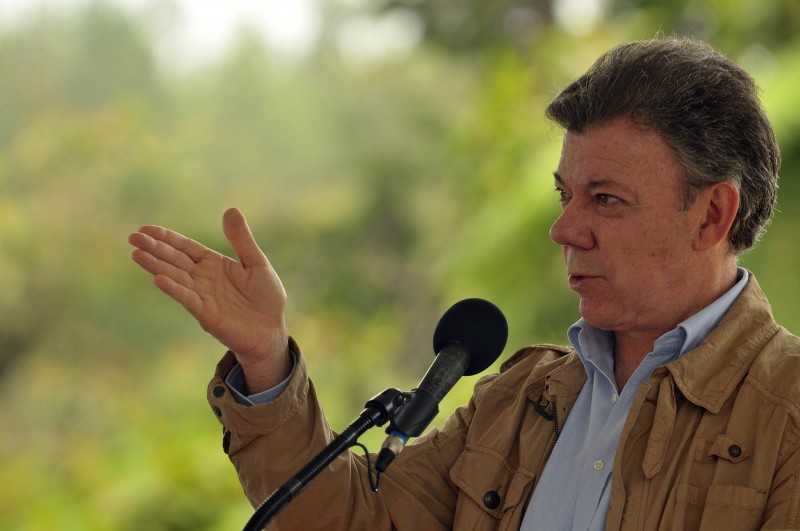
November 13, 2015 > Staff
US Drug War Ally Colombia Will Legalize Medicinal Marijuana
Next Article >
